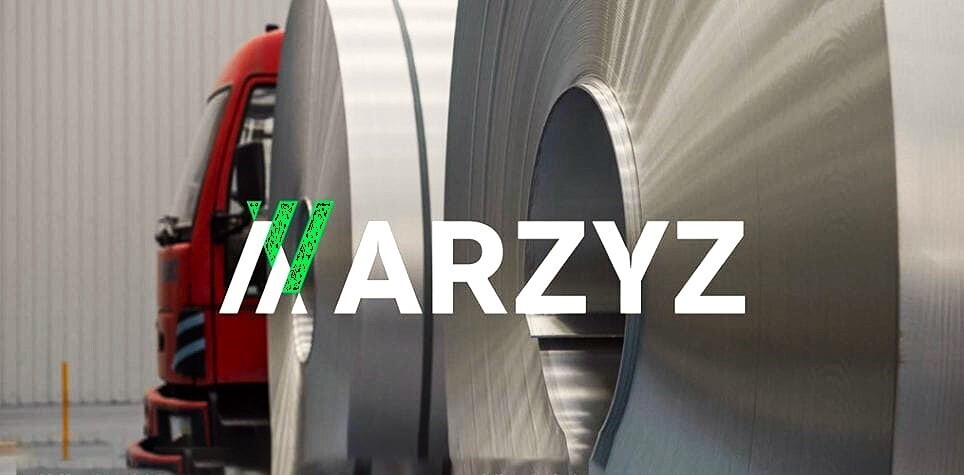

In the Mexican nonferrous metals sector, ARZYZ Metals, a leader in producing aluminium alloys and commercialising primary metals, has launched a new initiative to enhance its services for Mexico's domestic flat-rolled products market by vertically integrating and optimising.

This initiative, the first phase of a three-stage plan, has the potential to significantly impact the industry. ARZYZ will produce 80,000 tonnes annually in this initial phase, supplying materials for automotive inner body parts, appliances, HVAC systems, cabinets, and building and construction applications.
An official spokesperson said, “We expect to produce the first coil by mid-2026. We aim to lead the Mexican aluminium market through vertical integration into FRP and expand our services to the automotive and packaging industries.”
“As a local producer, we ensure a reliable supply chain with shorter delivery times for our domestic clients, even improving their working capital. Additionally, our production volume will reduce the importation of FRP into Mexico.”
In April, the Mexican government imposed a 30 per cent duty on imports of aluminium-rolled products. This decision has significantly impacted the supply chain, trade flows, and premiums for aluminium, as domestic production is insufficient to meet the demand for flat-rolled products (FRP) and the necessary raw materials.
The tariffs, ranging from 20 per cent to 35 per cent, were applied to aluminium imports from countries with which Mexico does not have free trade agreements (FTAs). However, in May, the government decided to partially revoke these tariffs for aluminium classified under HS codes 7601.10.02 (unalloyed aluminium or ingots) and 7601.20.02 (alloyed aluminium such as billet and primary foundry alloys), reducing them to zero.
It was acknowledged that Mexico does not produce primary aluminium domestically. Additionally, the availability of aluminium from countries with which Mexico has FTAs is unable to meet the needs of various industries, including the automotive and electronics sectors.
Mexican aluminium institute IMEDAL stated, “The joint production capacity of the United States and Canada is insufficient to cover the demand of the three countries since only 4 million tonnes are produced [in the region], while [total] demand is 6 million tonnes. It is worth mentioning that these new tariffs allow prices to increase, as they come only for these countries.”
ARZYZ further emphasised that this strategic initiative will mitigate tariff risks while enhancing operational continuity and competitiveness for its clients.



Responses






